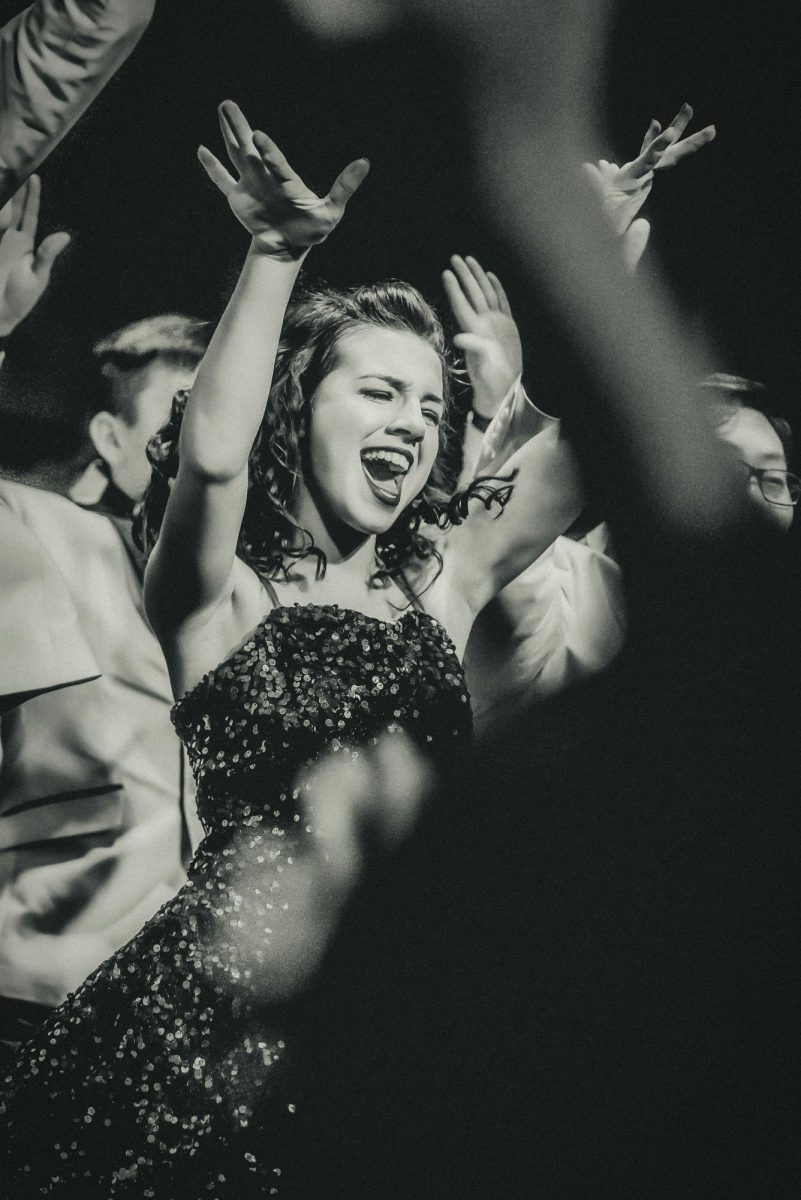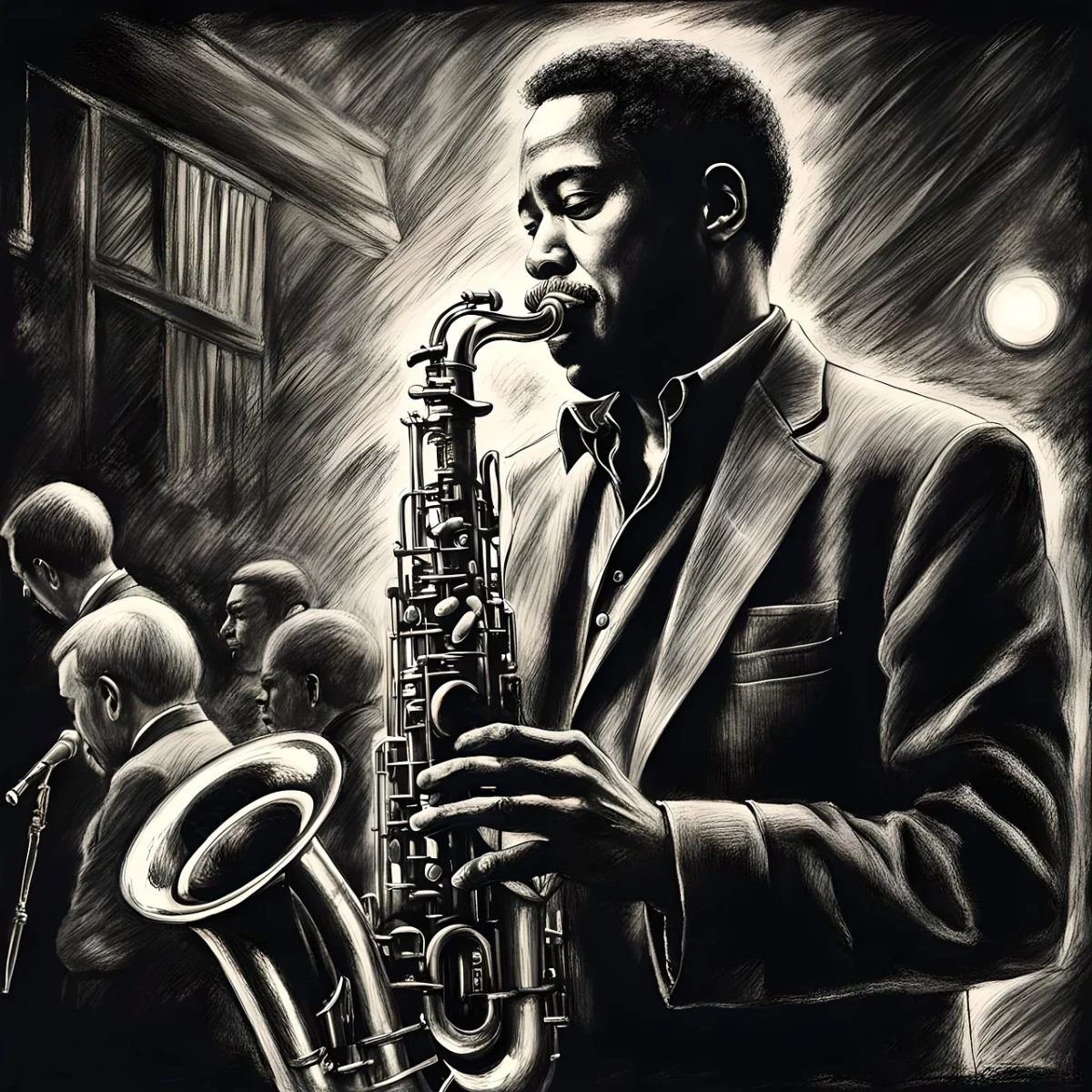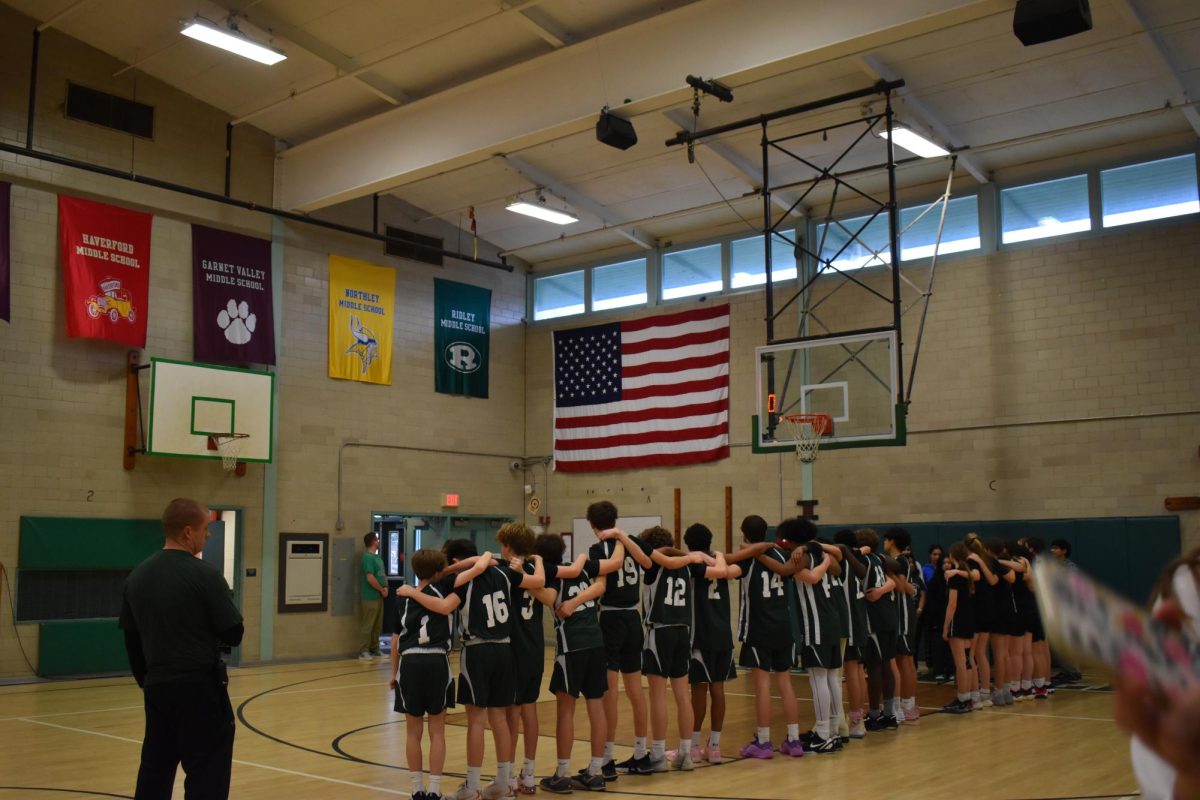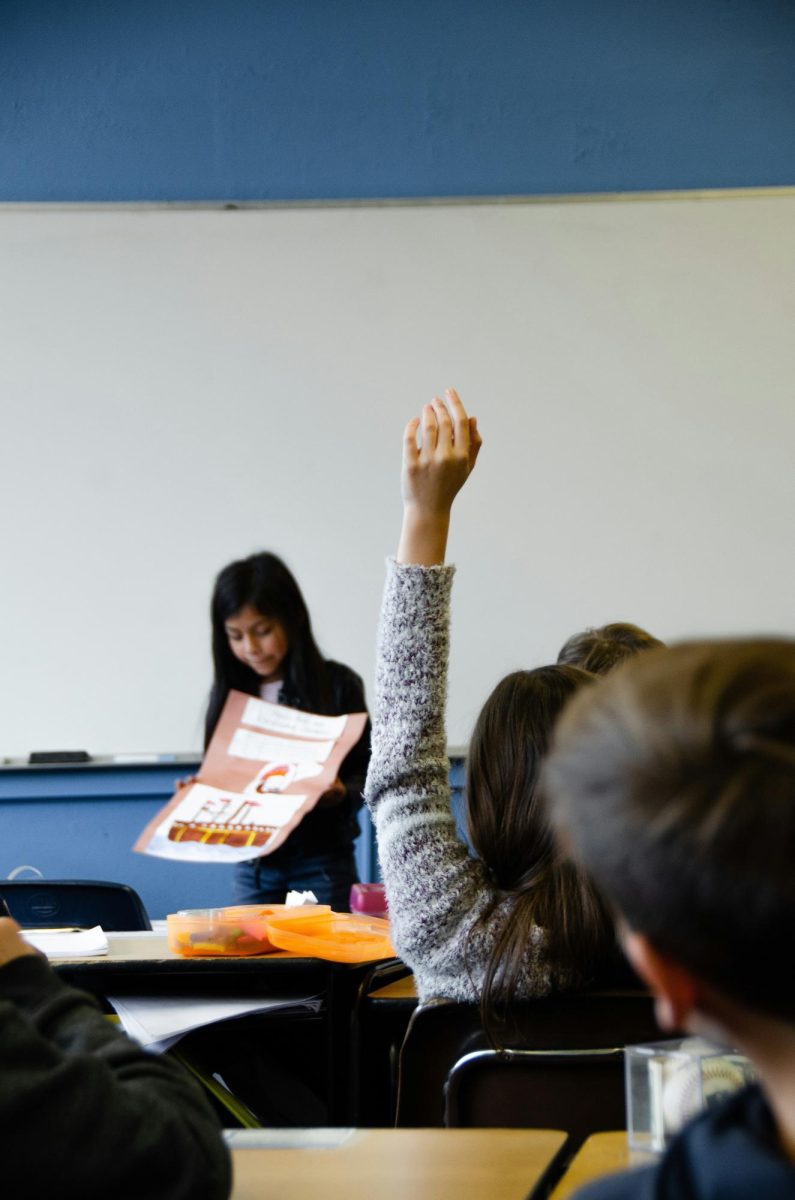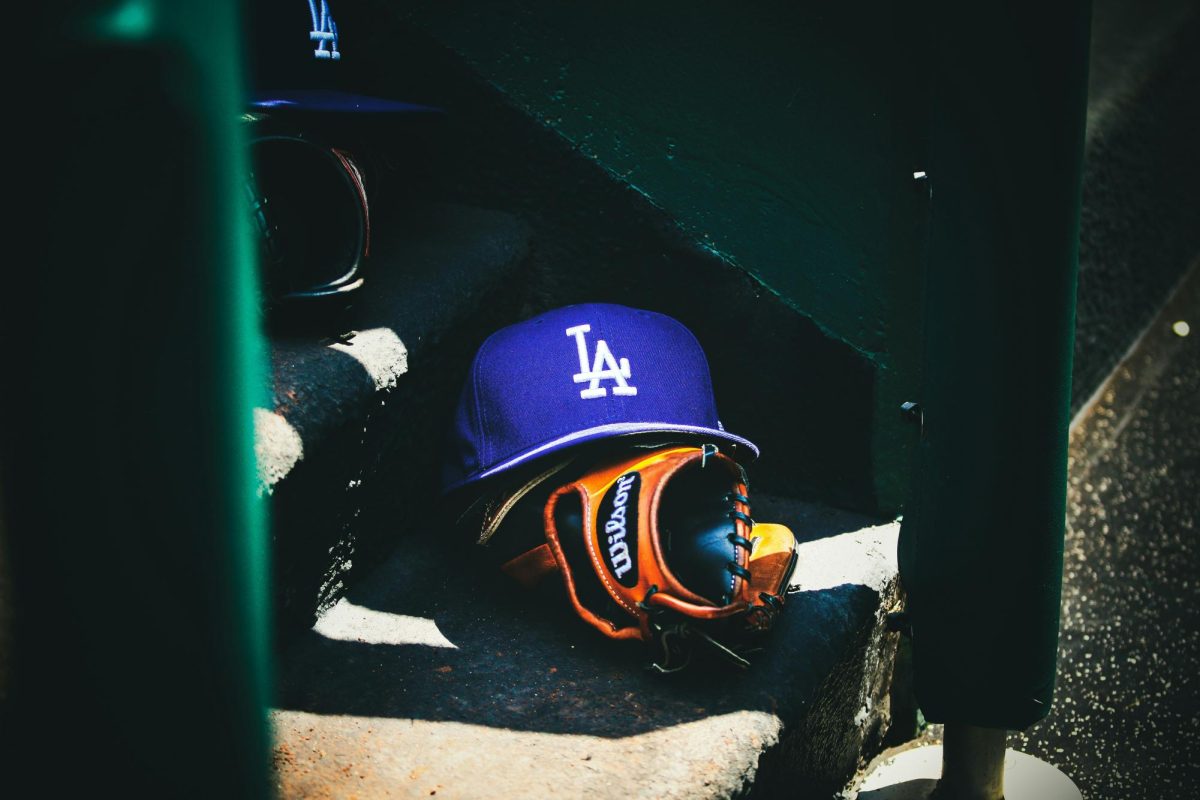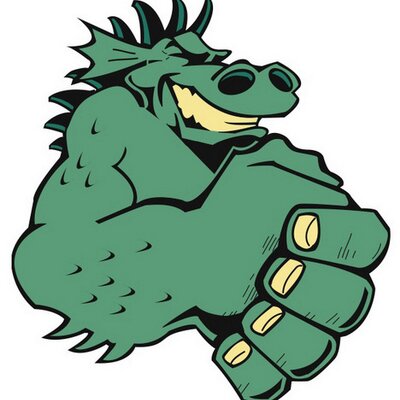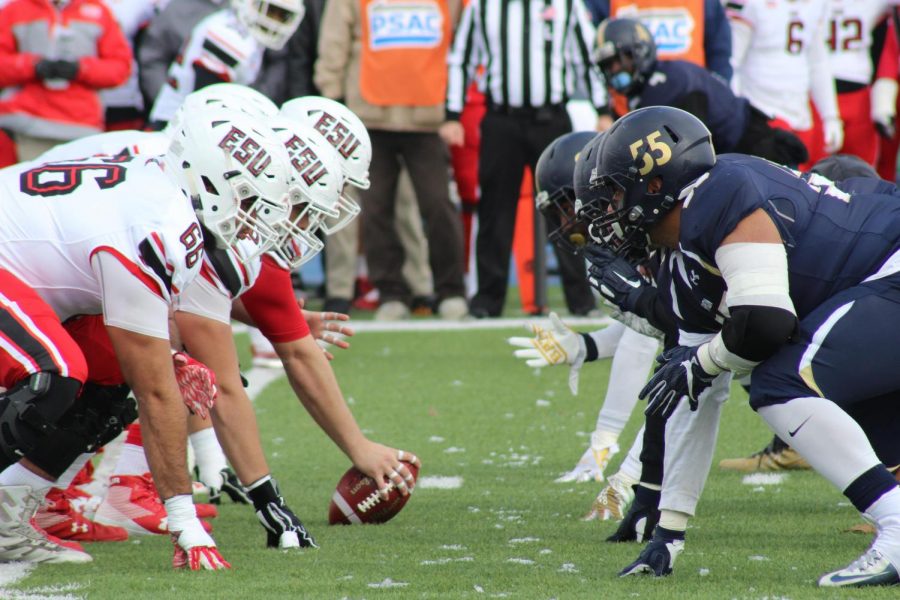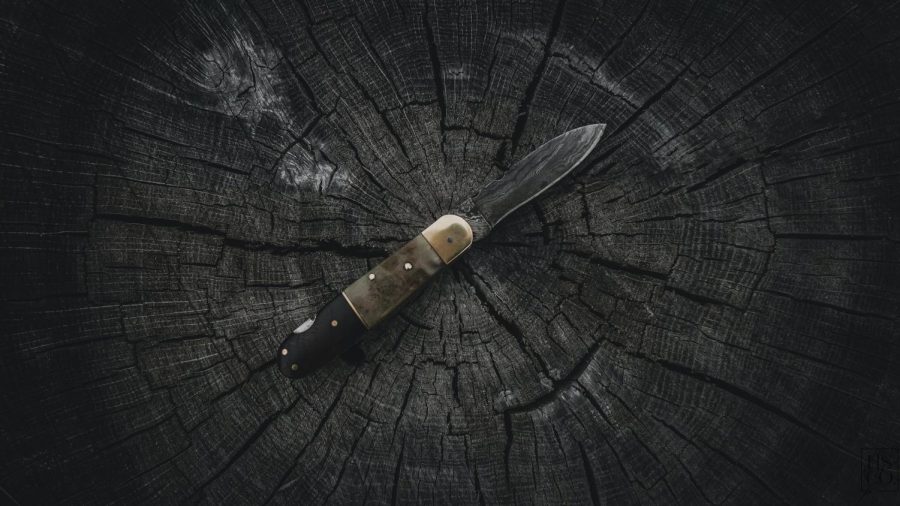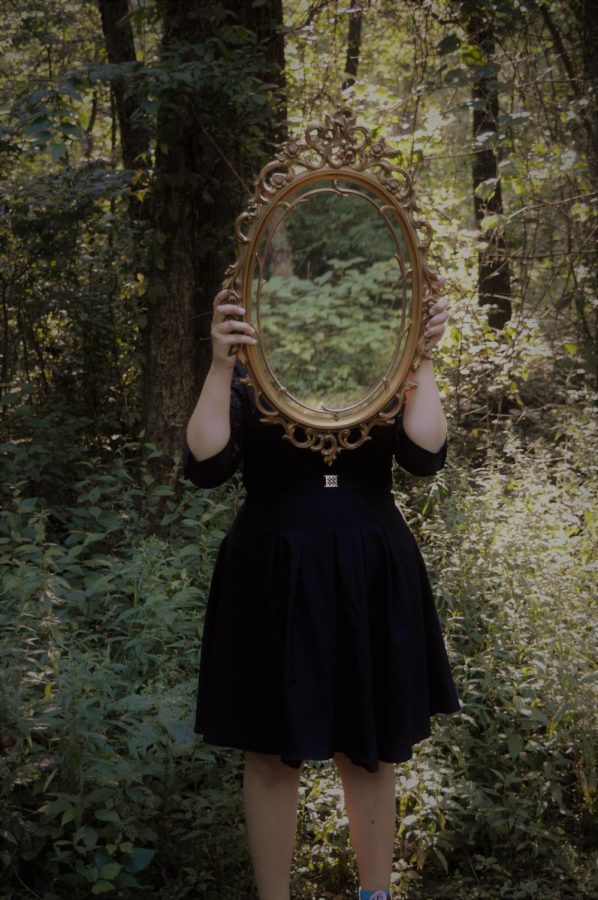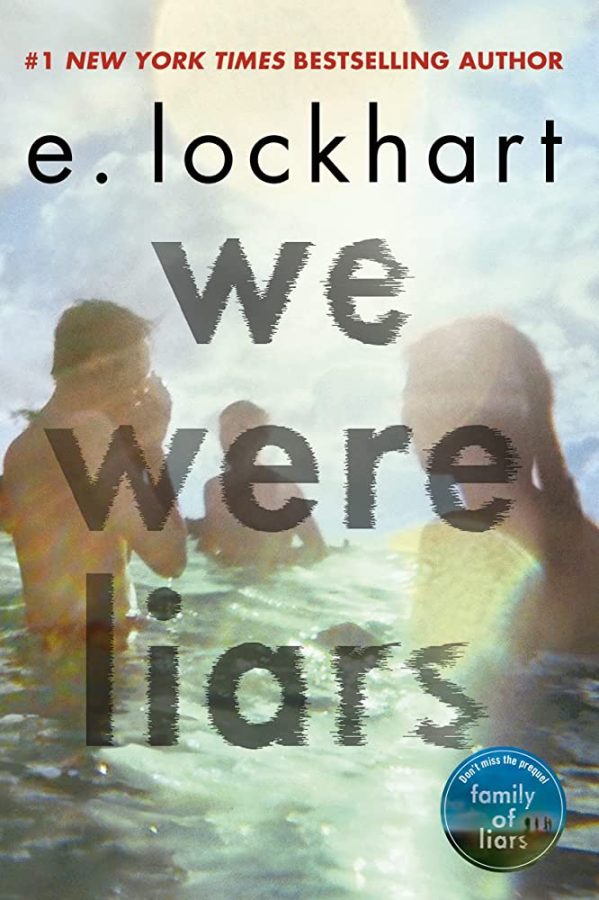We Were Liars – Book Review
February 6, 2023
We Were Liars Book Review
The book We Were Liars by E. Lockhart follows Cadence Sinclair Eastman, the eldest child of the wealthy Harris Sinclair. Every year, the entire Sinclair family travels to a private island owned by Cadence’s grandfather and spends the summer there. But then, in the summer of Cadence’s fifteenth year, she ends up getting into an accident and getting severe brain damage. Therefore, she cannot remember what happened.
She doesn’t go to the island next summer so that her mind can rest. She constantly asks her mother what happened, but every time she’s told, she forgets it again (amnesia!) The next year, her doctors decide that it would be beneficial for her to go back to the island that summer to help her remember what happened.
Cadence goes back to the island for her seventeenth summer and reunites with her friends, Johnny, Gat, and Mirren. The group calls themselves the Liars. Throughout the summer, Cadence gradually remembers bits and pieces of her fifteenth summer and eventually remembers the accident.
Now, I personally adore this book for many reasons. One of the largest “plusses” is the writing style. For example, one thing that Lockhart does that I love is that she uses line breaks to add suspense and emphasis. Take this excerpt from the first chapter of the book:
“ It doesn’t matter if one of us is desperately, desperately in love.
So much
in love
that equally desperate measures
must be taken. ”
Not only does this excerpt serve as foreshadowing for the rest of the book, it also helps convey the narrator’s tone. The line breaks give the narrator a more breathy tone. It shows you how desperately in love she is.
Another tool the author uses is repetition. By repeating different phrases throughout the book, it adds emphasis and importance to a perhaps otherwise insignificant and forgettable phrase. For example, take this phrase:
“ Me, Johnny, Mirren, and Gat. Gat, Mirren, Johnny, and me. ”
In this phrase, the narrator is introducing the Liars, her group of friends on the island. It then gets repeated throughout the rest of the book, giving it emphasis, importance, almost as if it’s their mantra.
Lockhart also uses a lot of metaphors and symbolism, in a way that sounds very literal, even if it isn’t. For instance, when the narrator’s father is leaving her and her mother, the book says:
“ Then he [the narrator’s father] pulled out a handgun and shot me in the chest. I was standing on the lawn and I fell. The bullet hole opened wide and my heart rolled out of my rib cage and down into a flower bed. Blood gushed rhythmically from my open wound,
then from my eyes,
my ears,
my mouth. ”
The narrator is not actually getting shot, but it’s such a good description of how the narrator felt when her father left. My only complaint about this is that it’s slightly hard to differentiate between what’s actually happening and what’s just a metaphor for how the narrator is feeling. The first time I read that excerpt, I didn’t pick up on the fact that it was a metaphor until the next few sentences.
And then there was the opposite problem, where something happened and I thought that it was just a metaphor, and didn’t realise that it was actually happening. Although it was confusing at times, it was still a very cool addition to the book.
Near the beginning of the book, the narrator explains:
“ When I was eight, Dad gave me a stack of fairy-tale books for Christmas. They came with colored covers: The Yellow Fairy Book, The Blue Fairy Book, The Crimson, The Green, The Gray, The Brown, and The Orange. Inside were tales from all over the world, variations on variations
of familiar stories.
Read them and you hear echoes of one story inside another, then echoes of another inside
that. So many have the same premise: once upon a time, there were three.
Three of something:
three pigs,
three bears,
three brothers,
three soldiers,
three billy goats.
Three princesses.
Since I got back from Europe, I have been writing some of my own. Variations. ”
From that point on, the author adds in “variations” of these kinds of fairy tales that relate to the story itself. Several of the chapters are these fairy tale variations. They convey important messages about the book, and important events as well. One of the fairy tales also foreshadows the plot twist (or at least one of them) at the end.
Another huge thing that I love about this book was the plot itself. It was gripping and immersive and suspenseful the whole way through. However, it wasn’t just one big reveal at the end. While the main reveal is at the end, there are a bunch of smaller reveals throughout the rest of the book. It keeps you hooked and makes sure that you’re intrigued and on the edge of your seat for the whole book.
The main characters are also really quality characters. They are lovable, believable, and have their flaws that let them grow as people. The descriptions used to describe the narrator’s three best friends are beautiful and symbolic and it also gets repeated throughout the book to give it even more meaning.
“ Bounce, effort, and snark.
Contemplation and enthusiasm. Ambition and strong coffee.
Sugar, curiosity, and rain. ”
Each of these phrases is used to describe the main character’s best friends, and it’s a very creative way to introduce and describe the characters. While it doesn’t directly tell you about them, it tells you their “vibes,” for lack of a better word.
We Were Liars is a gripping, suspenseful, and beautifully written masterpiece of a novel. I would say something along the lines of, “If you like [blank], you should read this book,” but I think that I can shorten that to simply: you should seriously read this book.
